When shopping for AC WORKS® brand extension cords, you may notice the majority of them stay within a 50ft or less range. This is to avoid something that all power cords experience, called “voltage drop.” What is voltage drop?
It is exactly how it sounds. The voltage rating drops as the cord gets longer. Let’s use a regular household extension cord as an example. As we know, these are rated 15 amps at 125 volts, meaning they can only be used for light-duty work. When you make the cord longer, there will be more length for the electricity to travel, meaning there will be more resistance.
In this video, we cover another example more in-depth and show you a website that can help you determine the voltage drop you will experience with your cords. You will also discover how AC Connectors helps combat voltage drop.
If you have any further questions about extension cords or any other power solution needs, please don’t hesitate to reach out to us with a phone call, text, or email.
Like, comment, and subscribe to see more videos just like this one. Shoot us an email if there is a topic you would like to see us cover. Thank you for watching!

AC Connectors strives to provide power solutions to its customers since its founding in 2015. From our headquarters (Oak Creek Wisconsin, USA), we provide solutions worldwide and work efficiently to ship our AC WORKS® brand products out quickly, especially to those struck by natural disasters.
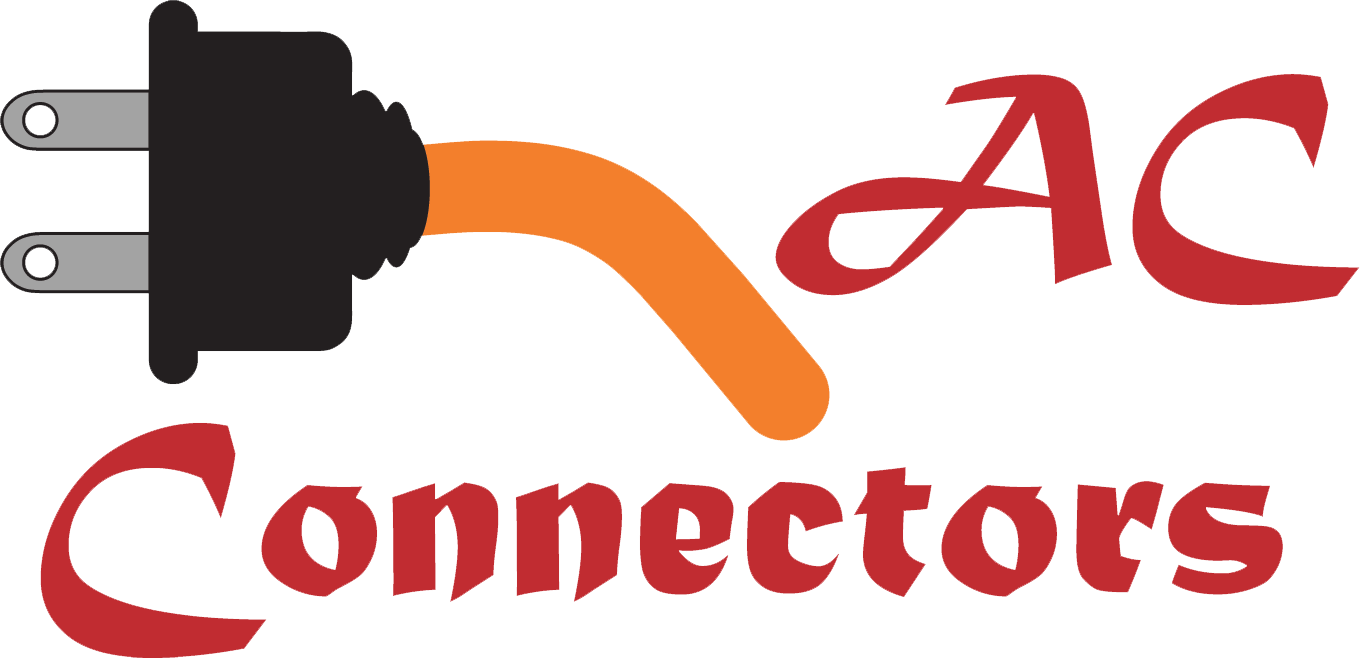

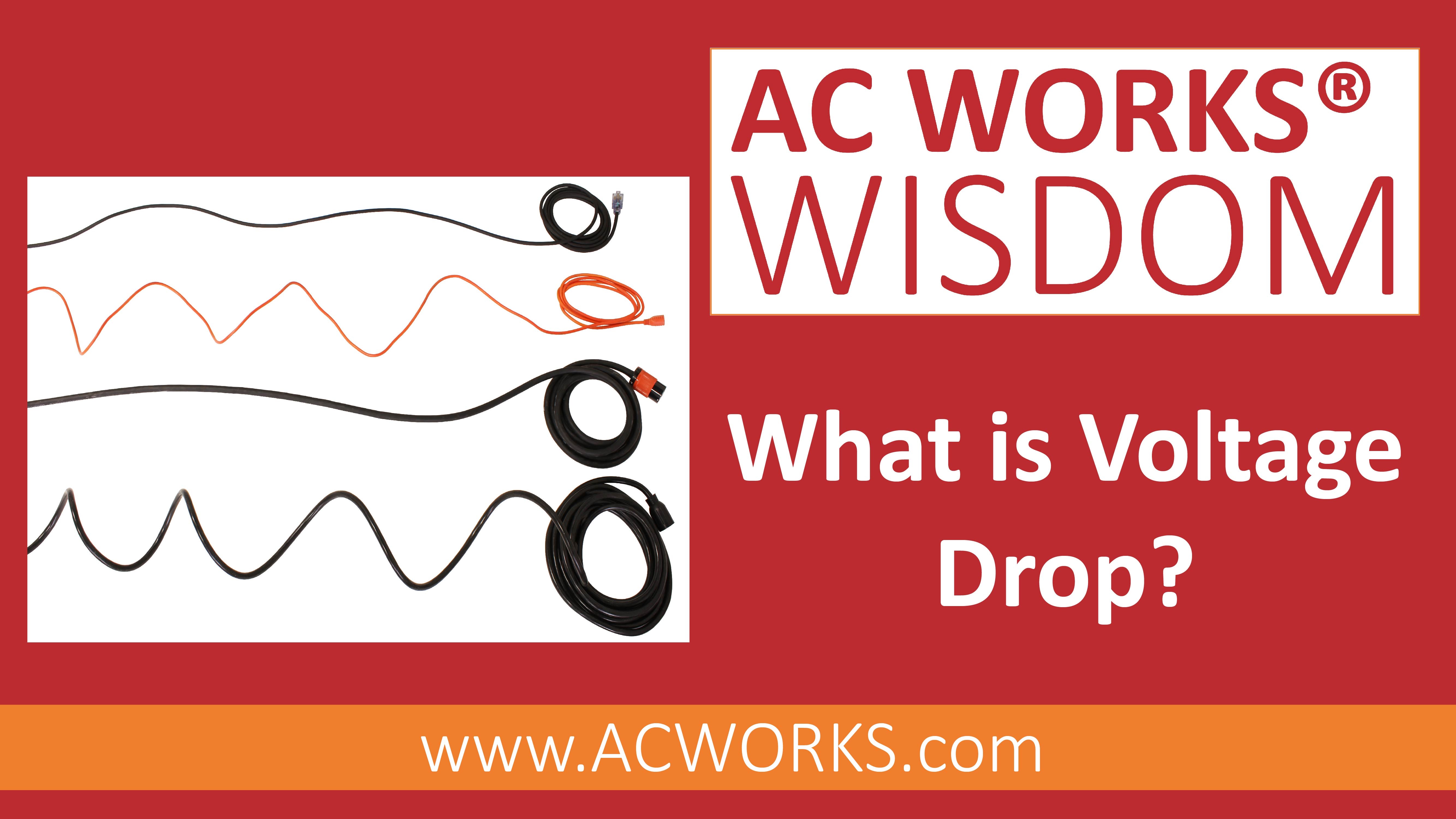
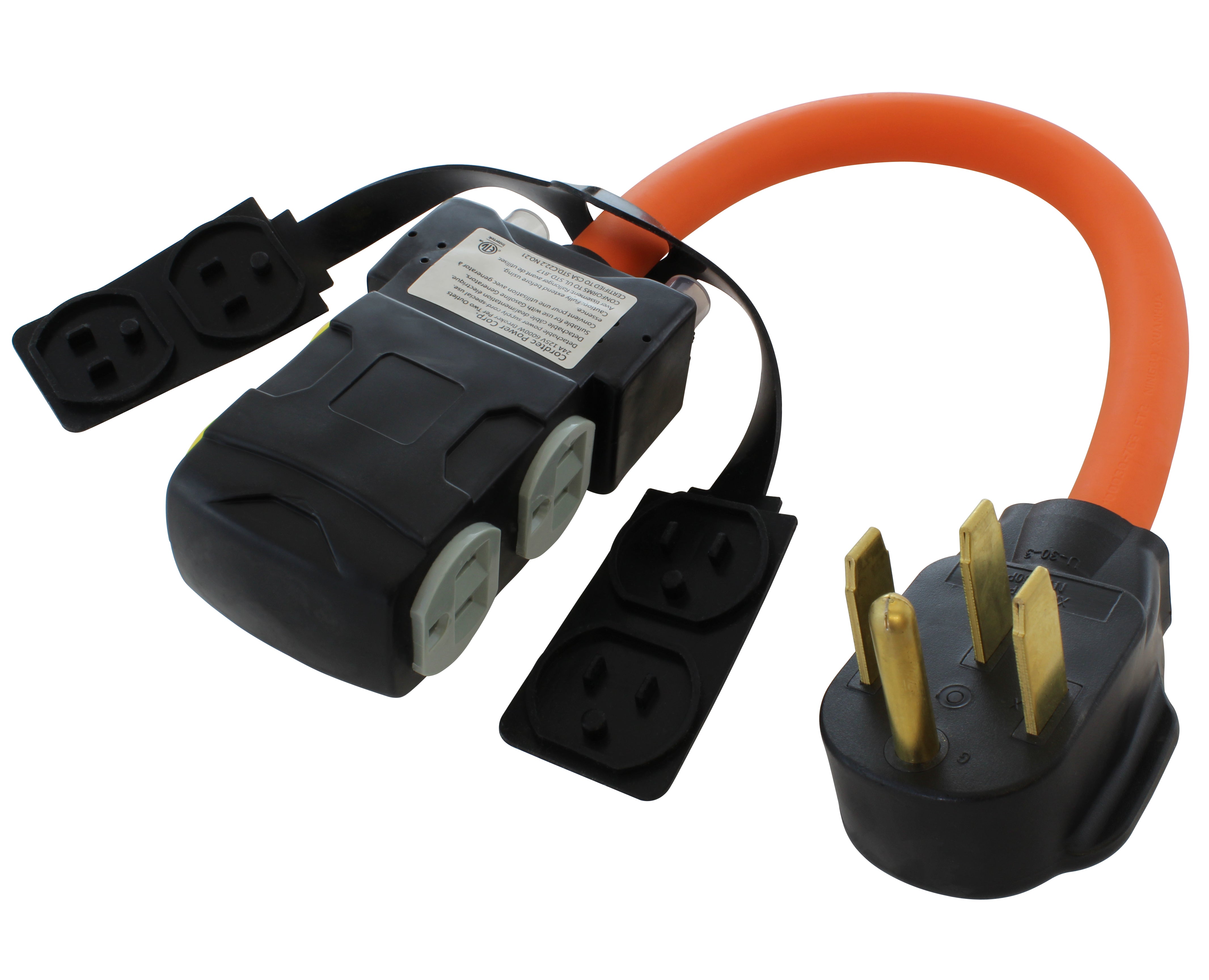
![AC WORKS® [ASINSS2PBX-G] 50A Locking 4-Wire CS6375/ SS2-50 Heavy-Duty Transfer Switch Inlet Box](http://acworks.com/cdn/shop/files/ASINSS2PBX-0_0206b362-7c90-42a5-8754-0685c13dab7e.jpg?v=1758051675&width=2500)
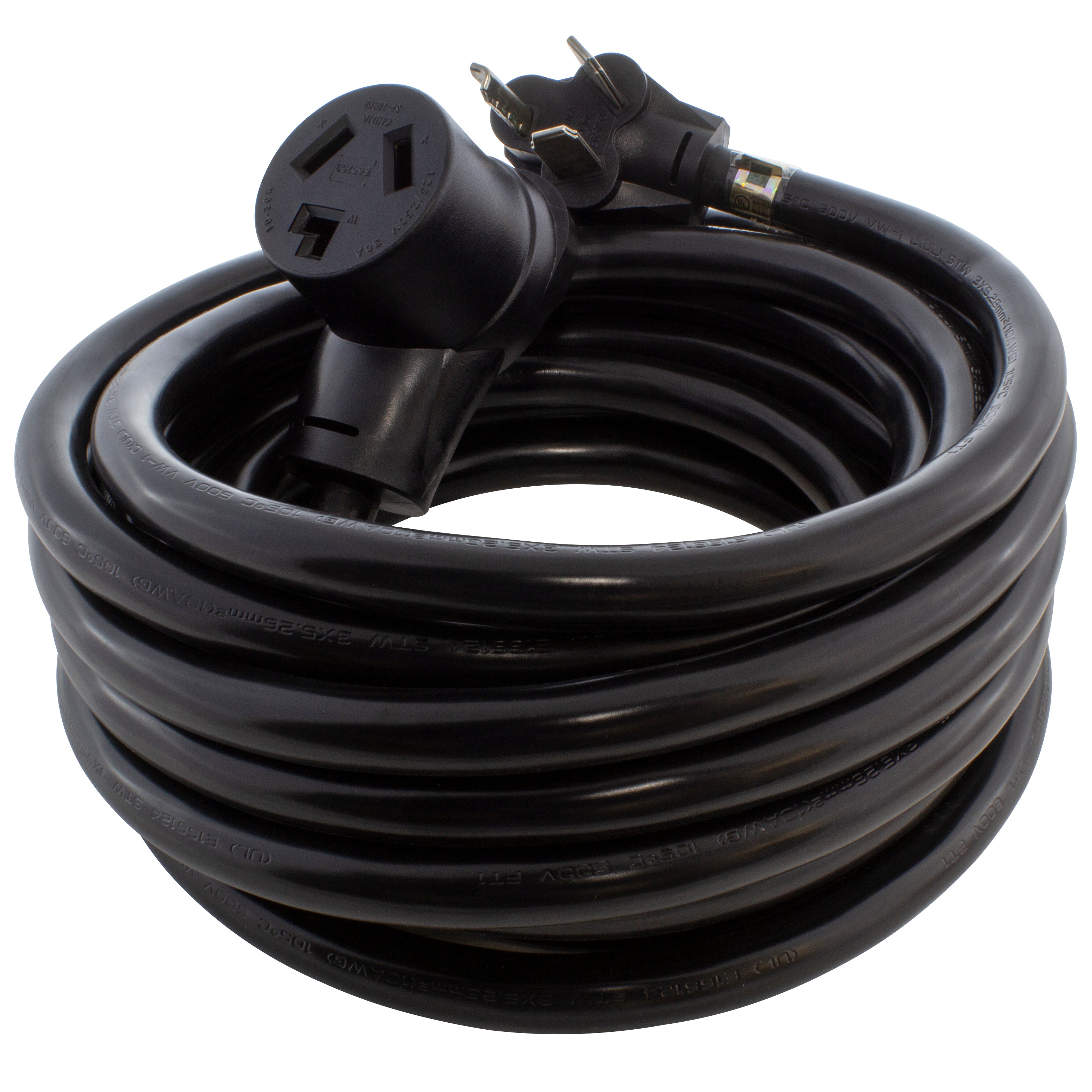
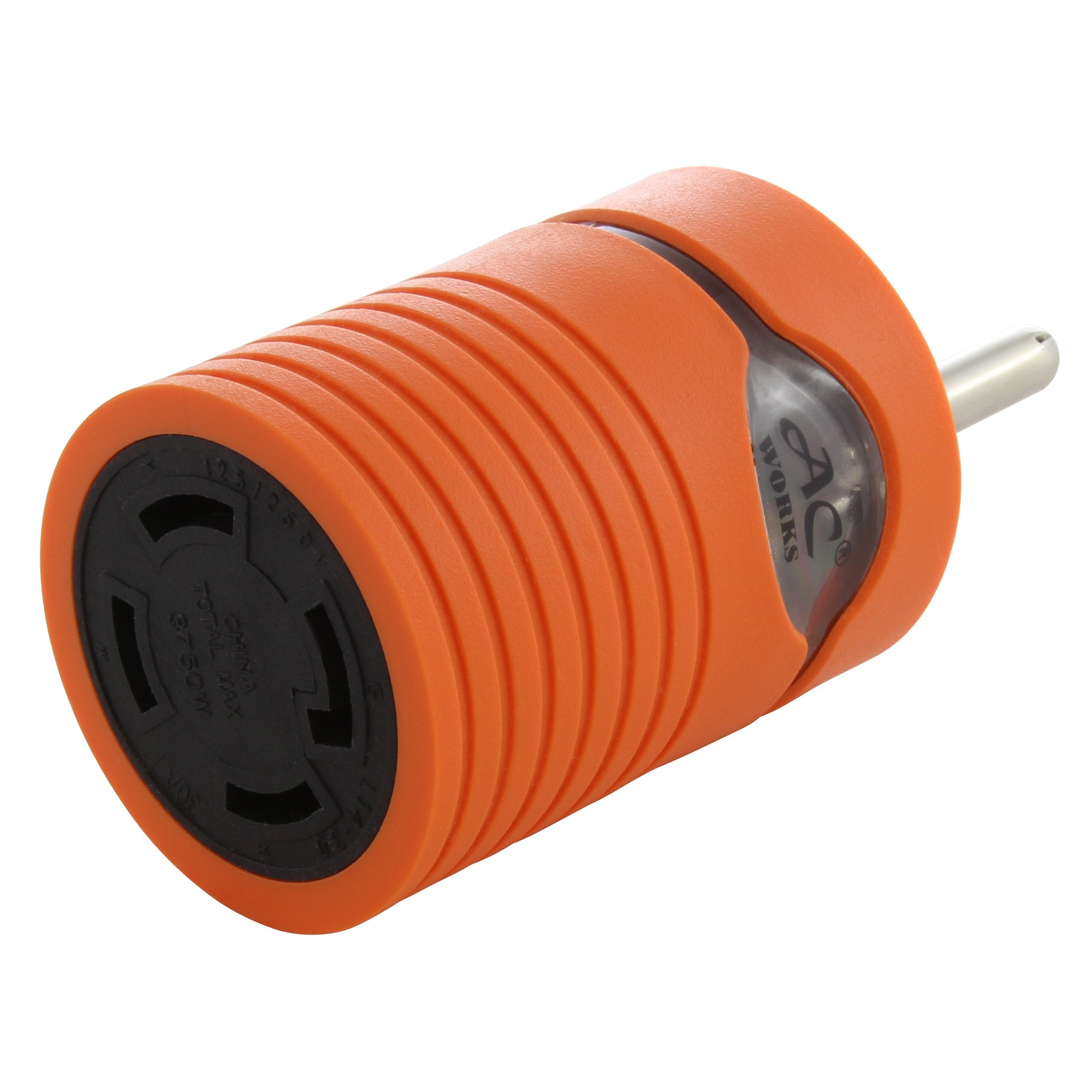
![AC WORKS® [S1430CBF520] 1.5FT 14-30P 4-Prong Dryer Plug to (4) Household Outlets with 24A Breaker](http://acworks.com/cdn/shop/products/S1430CBF520.jpg?v=1666103519&width=4656)
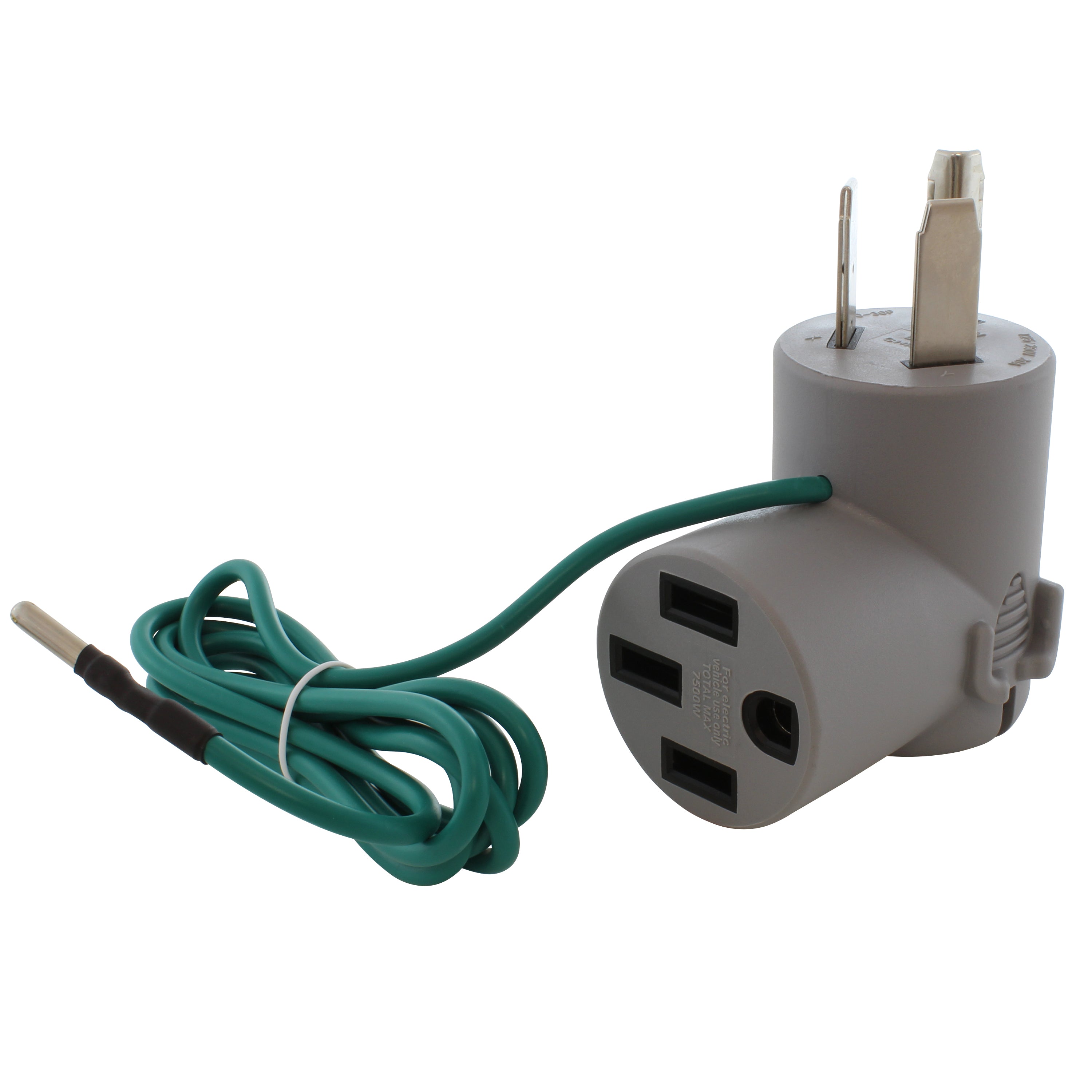
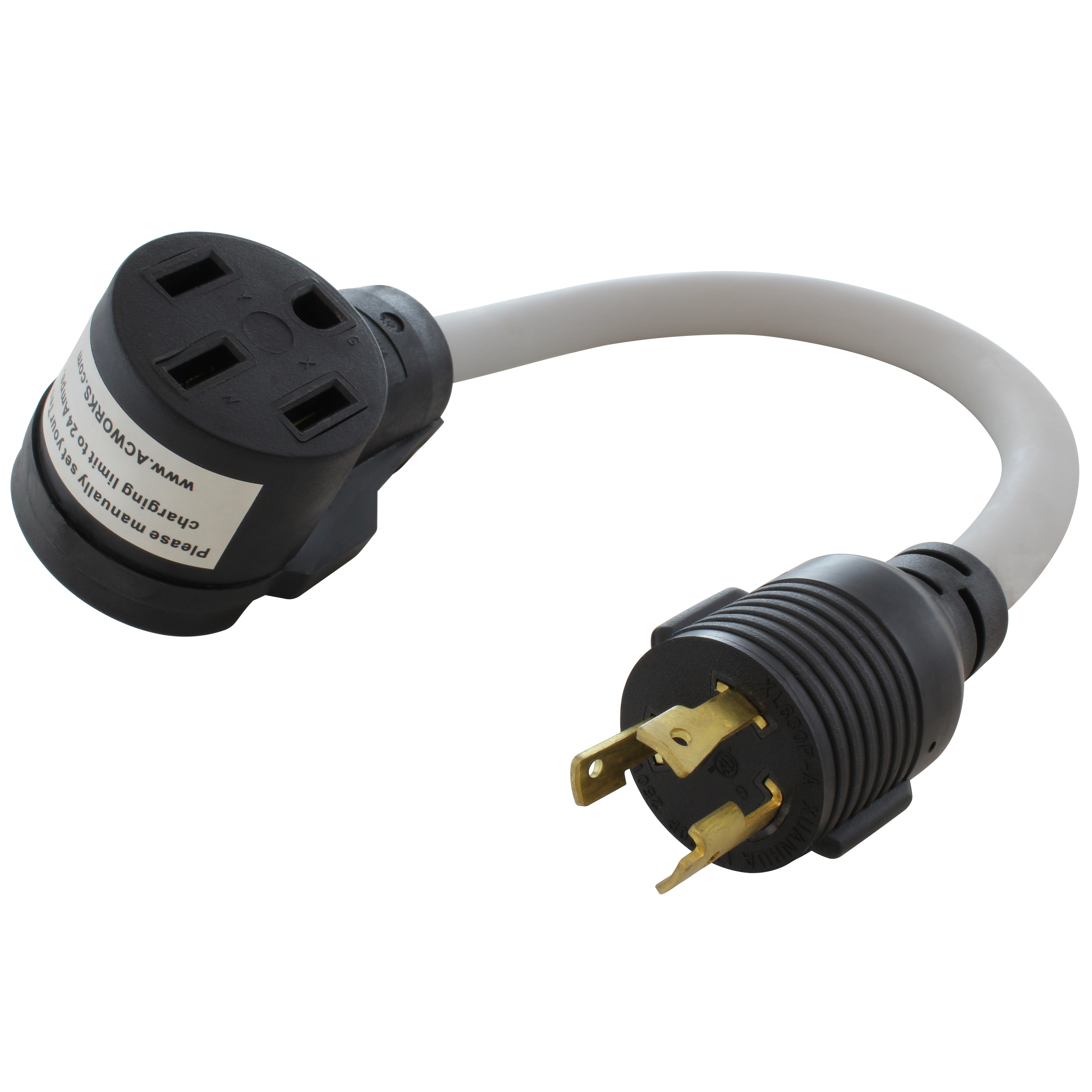
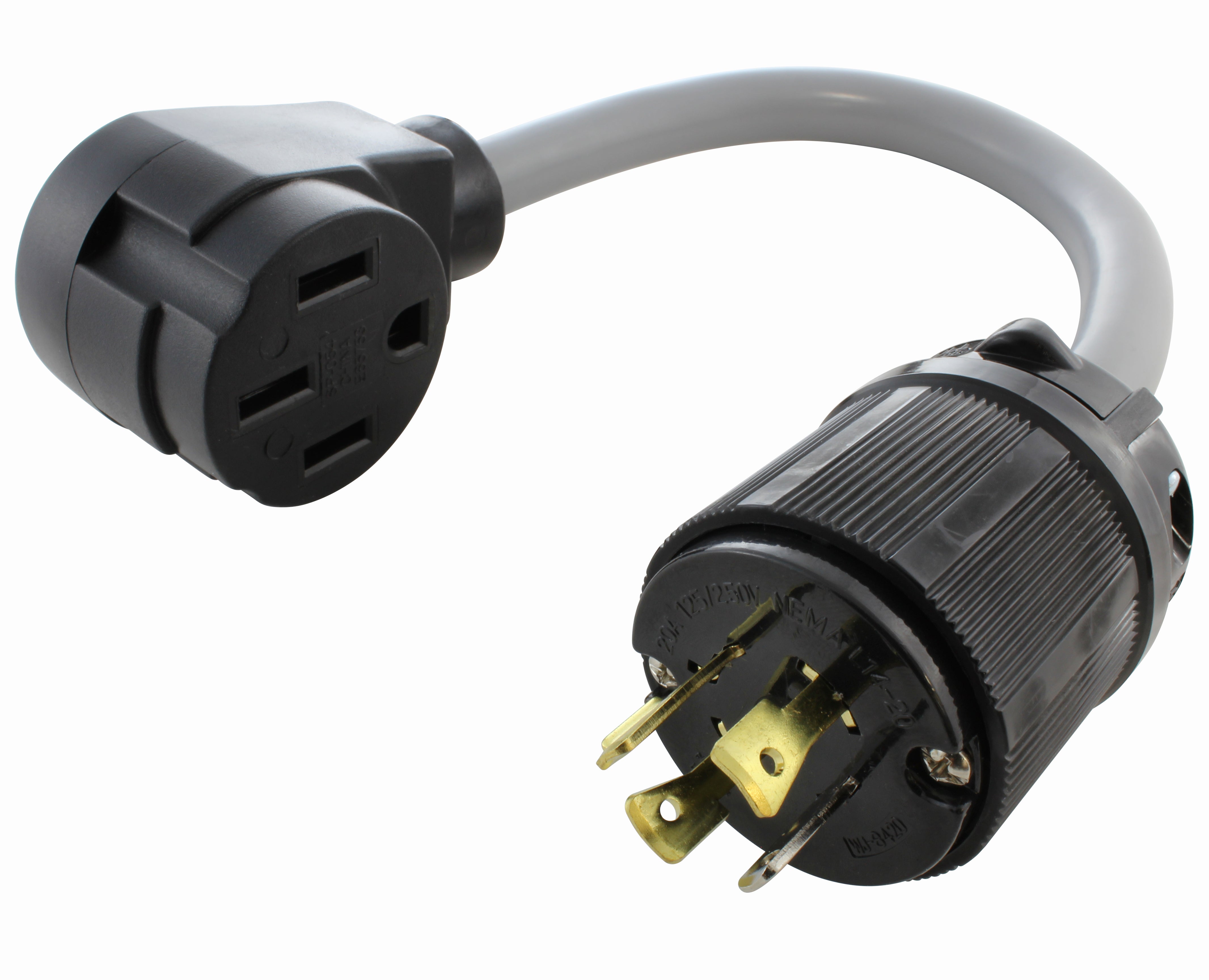
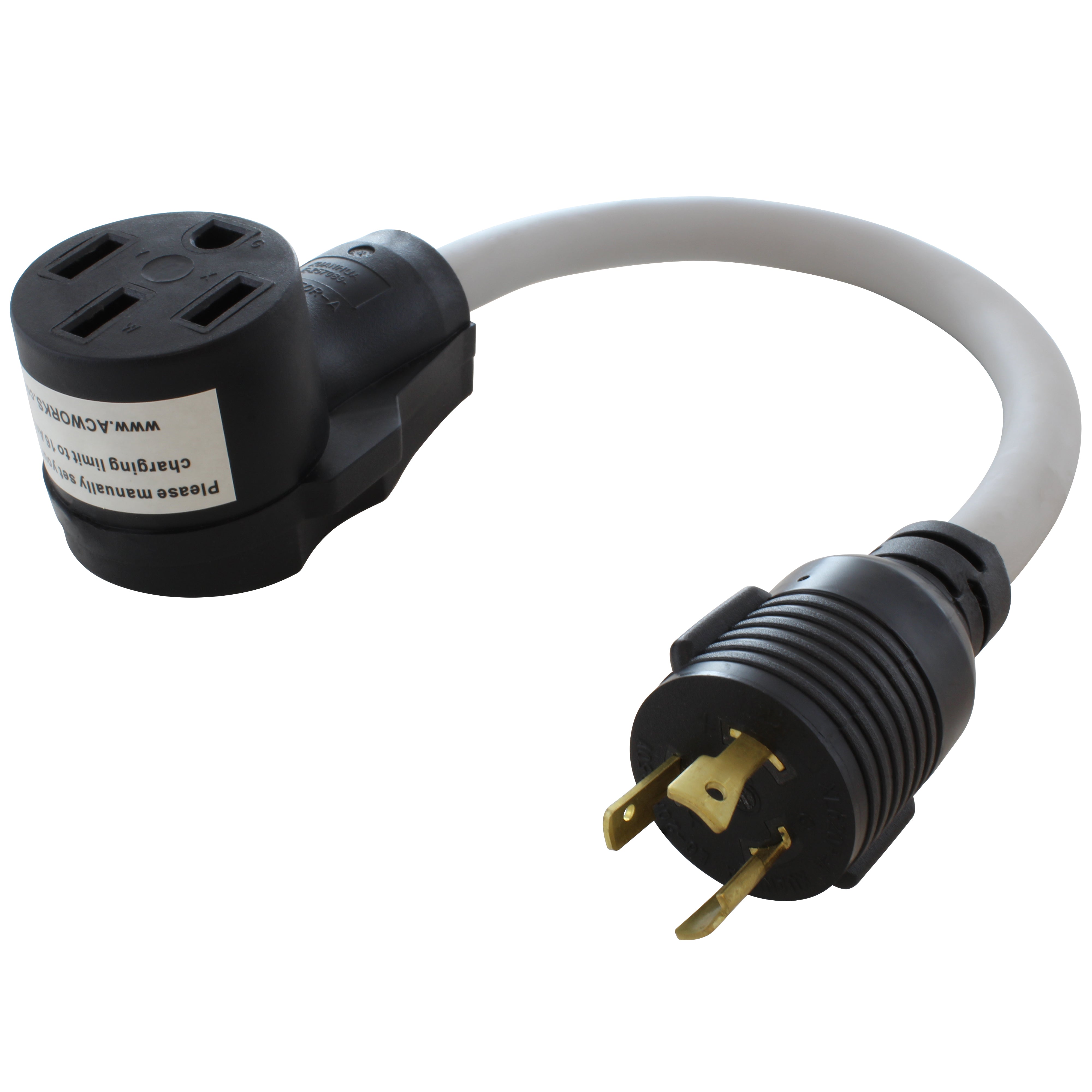
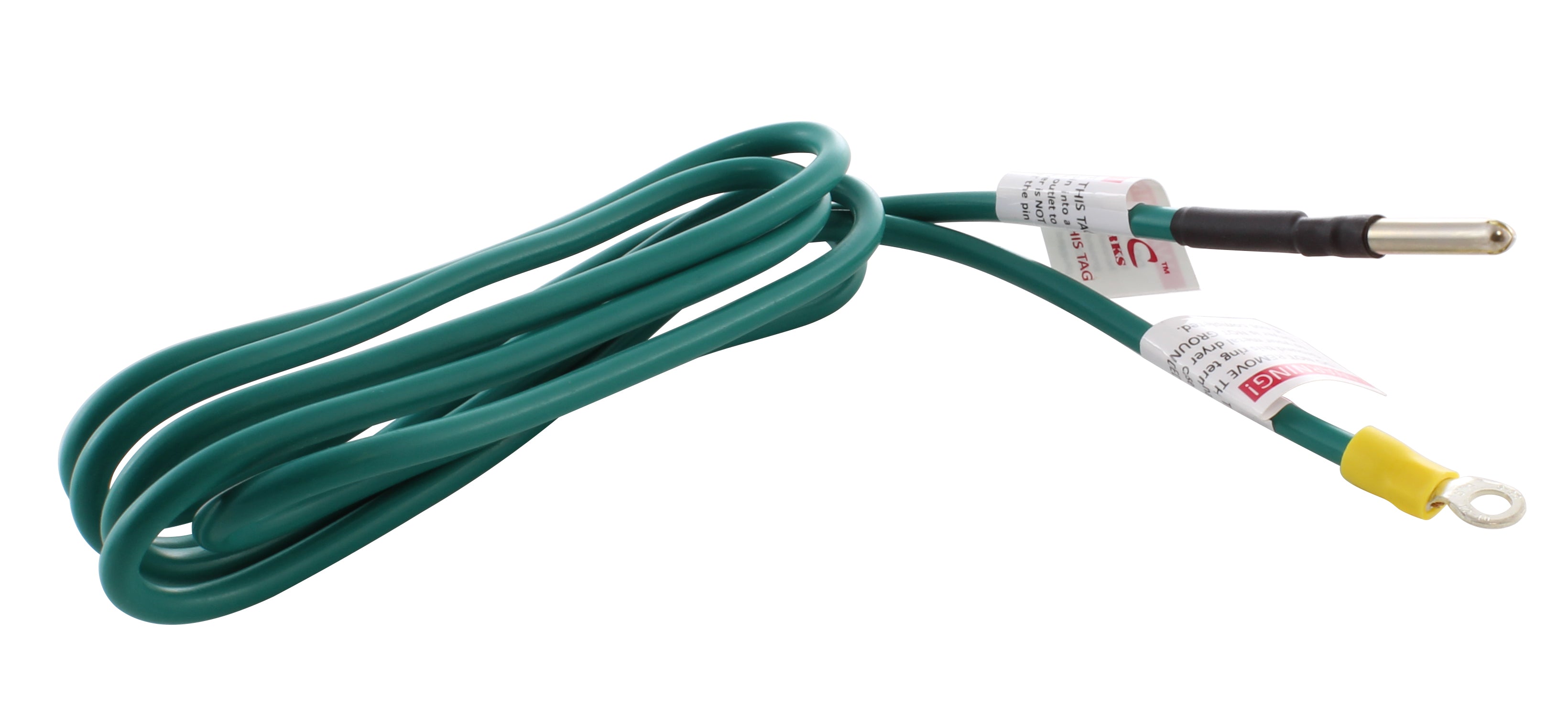
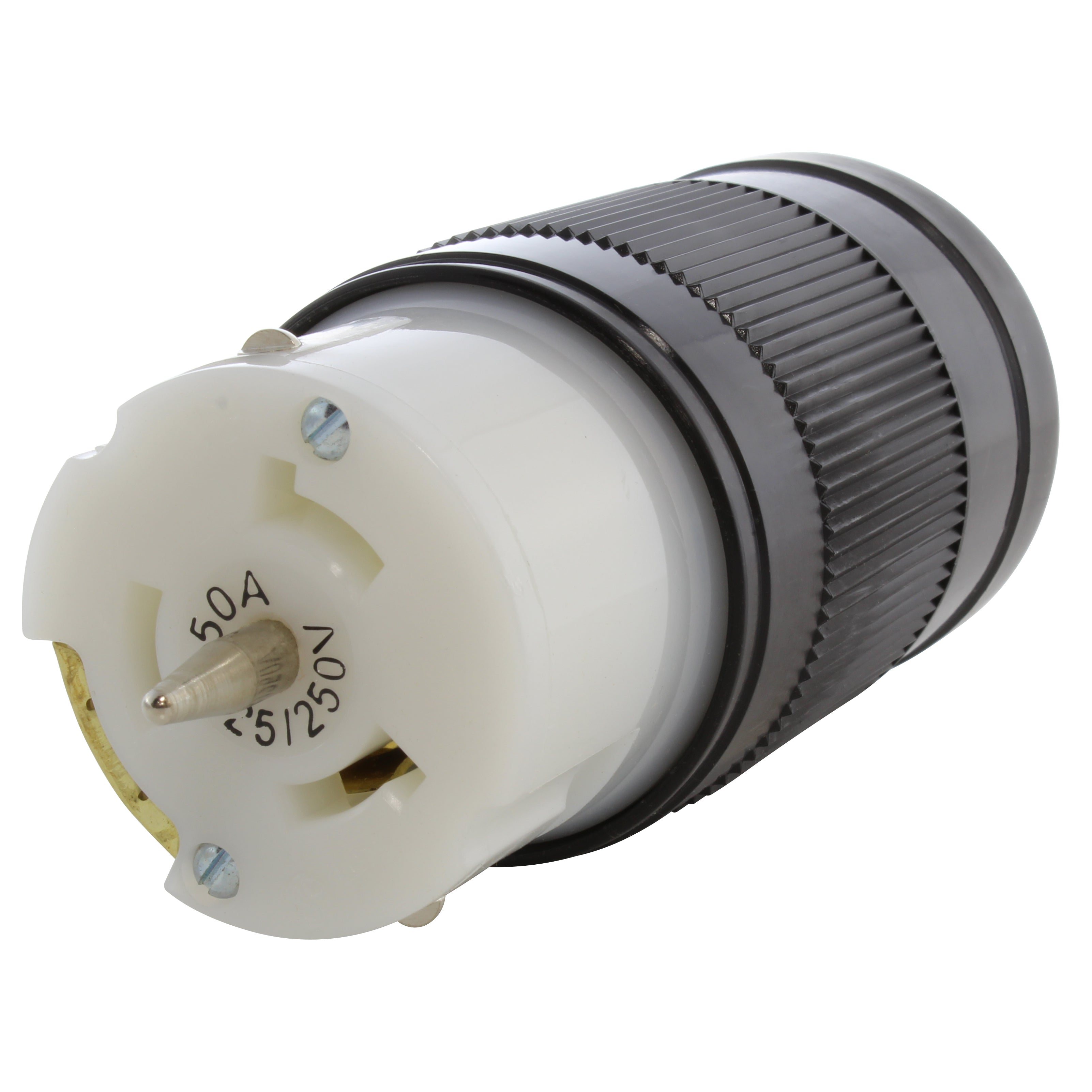
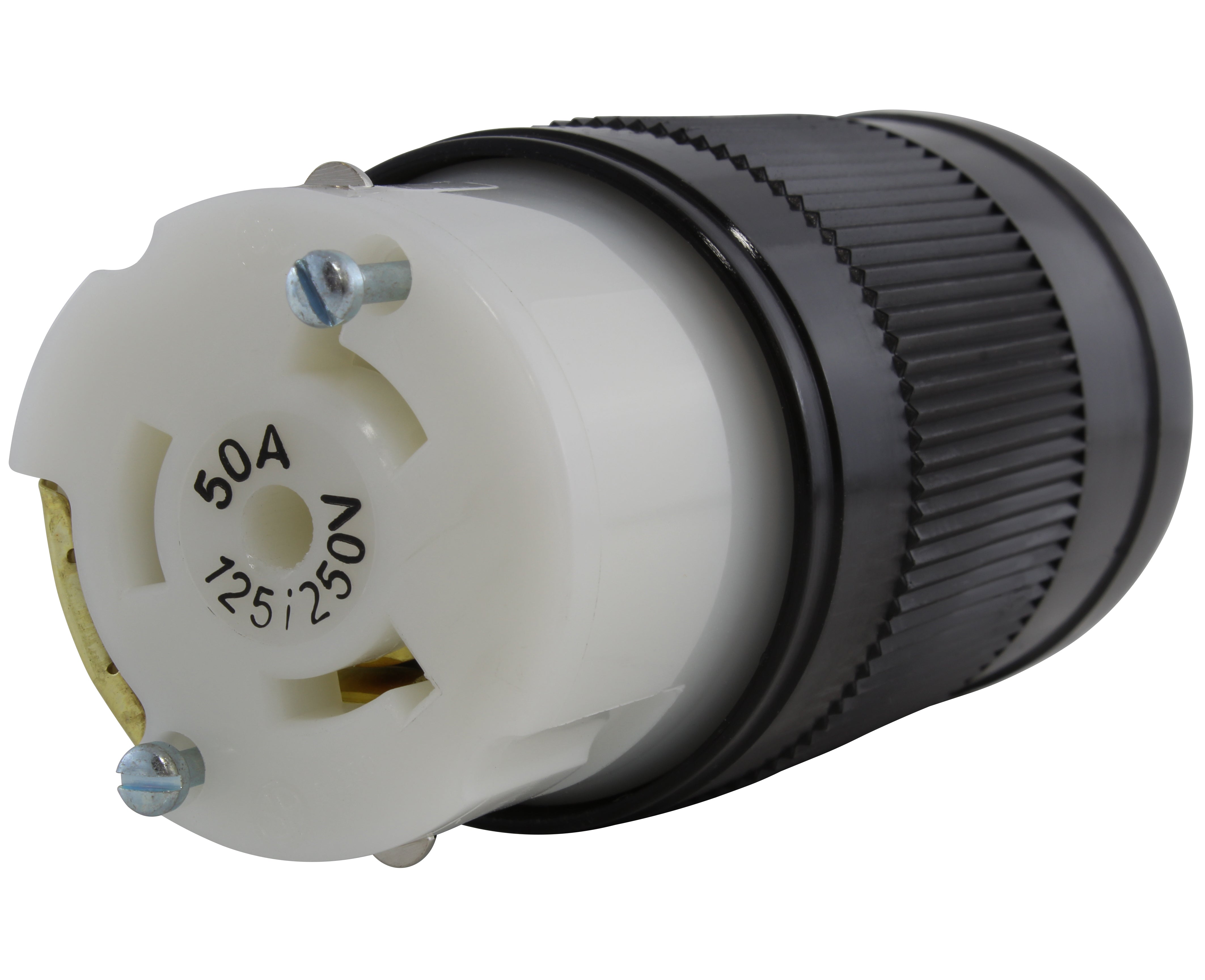
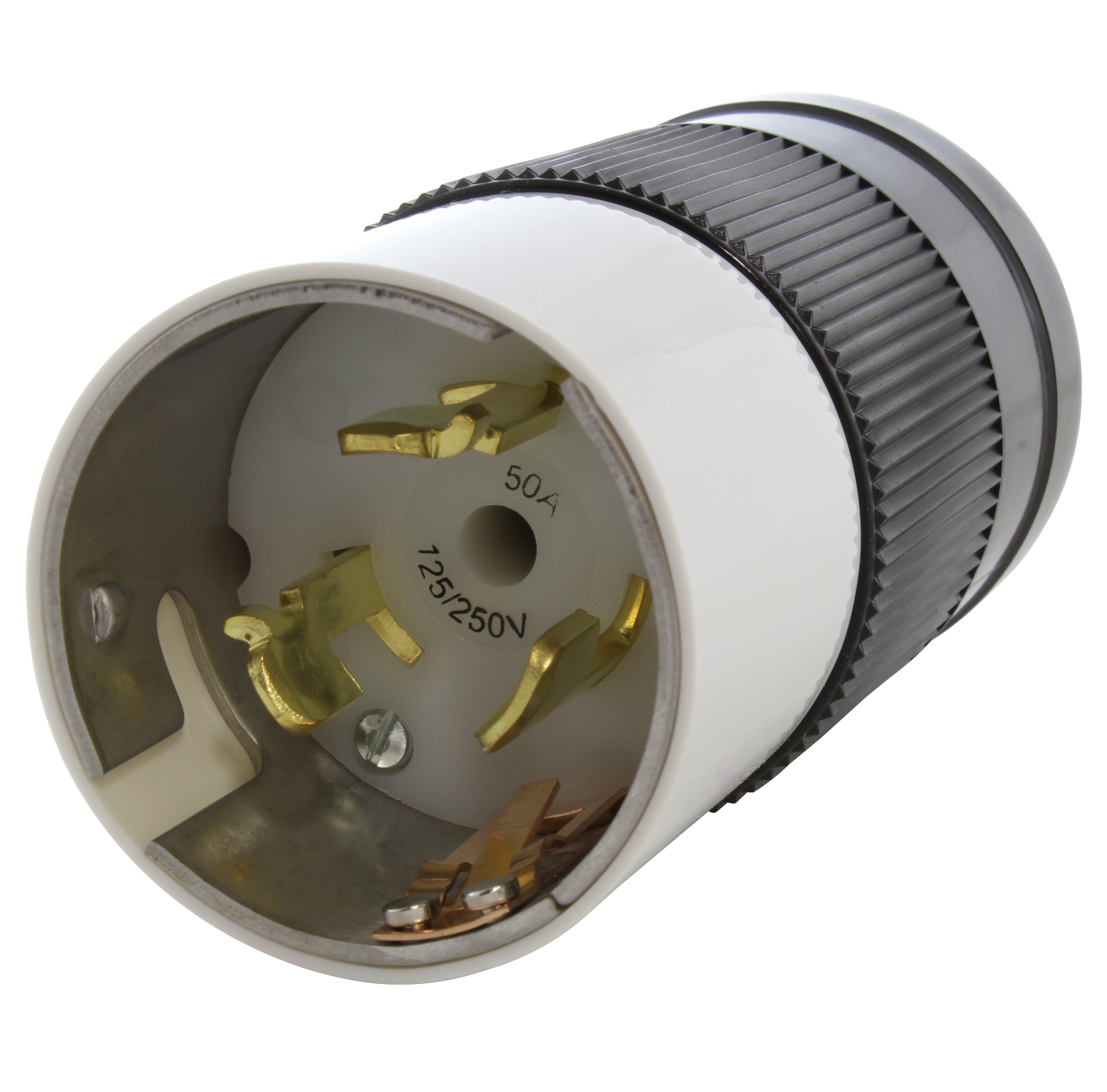
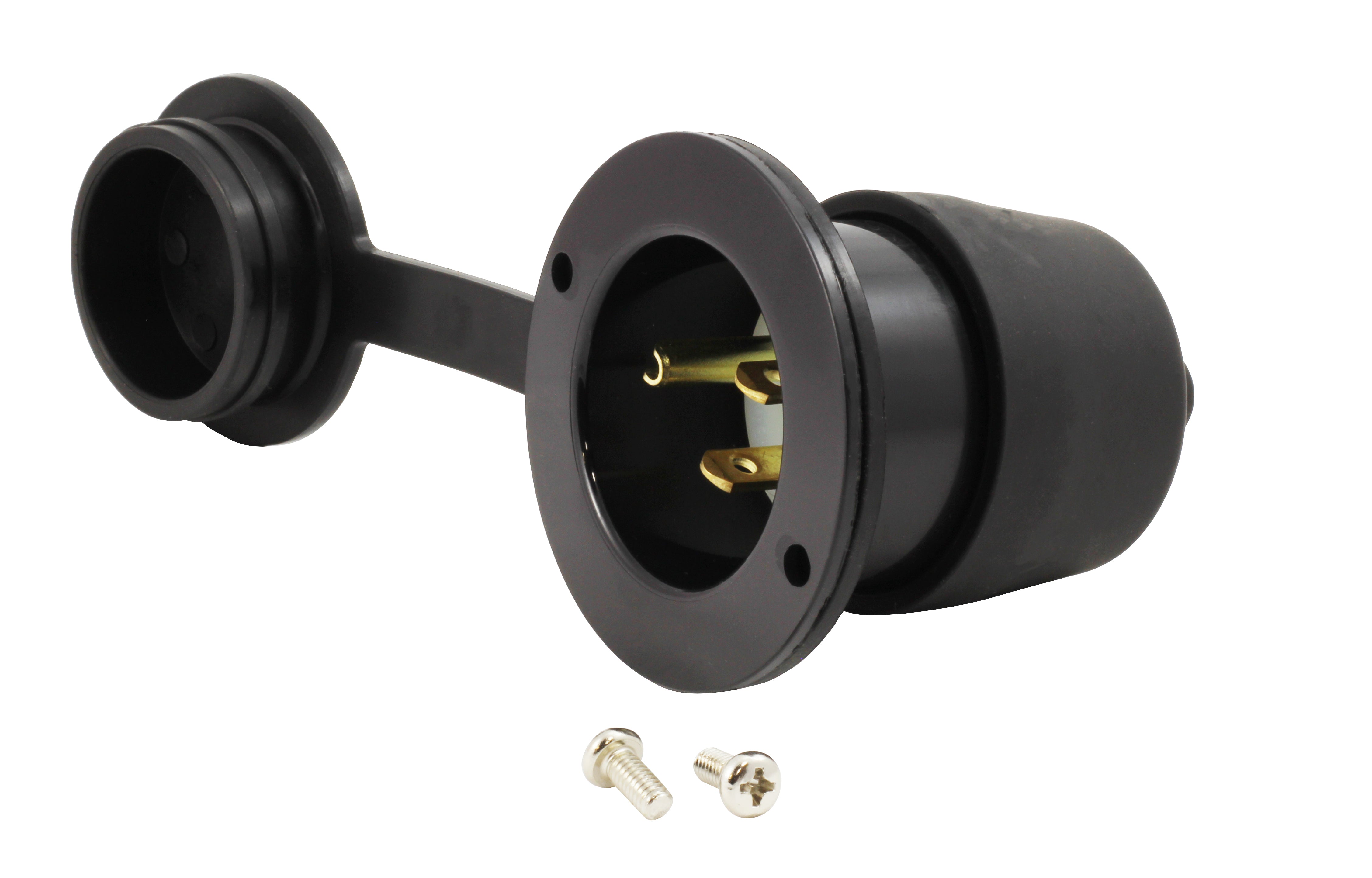
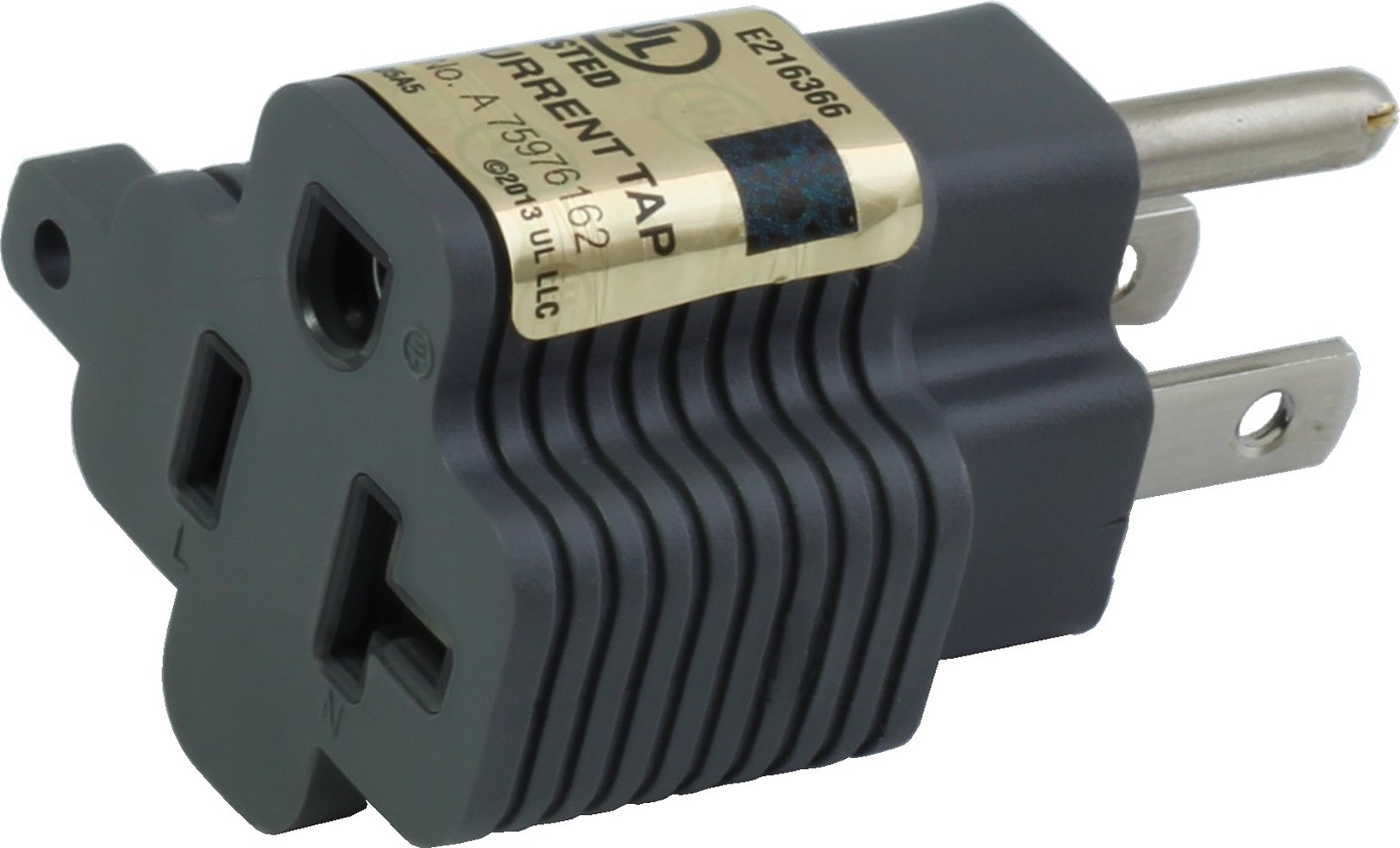
![AC WORKS® [ADV104] 3-Prong Heavy-Duty V-DUO Household Outlet Adapter](http://acworks.com/cdn/shop/products/ADV104-0.jpg?v=1605738768&width=3128)
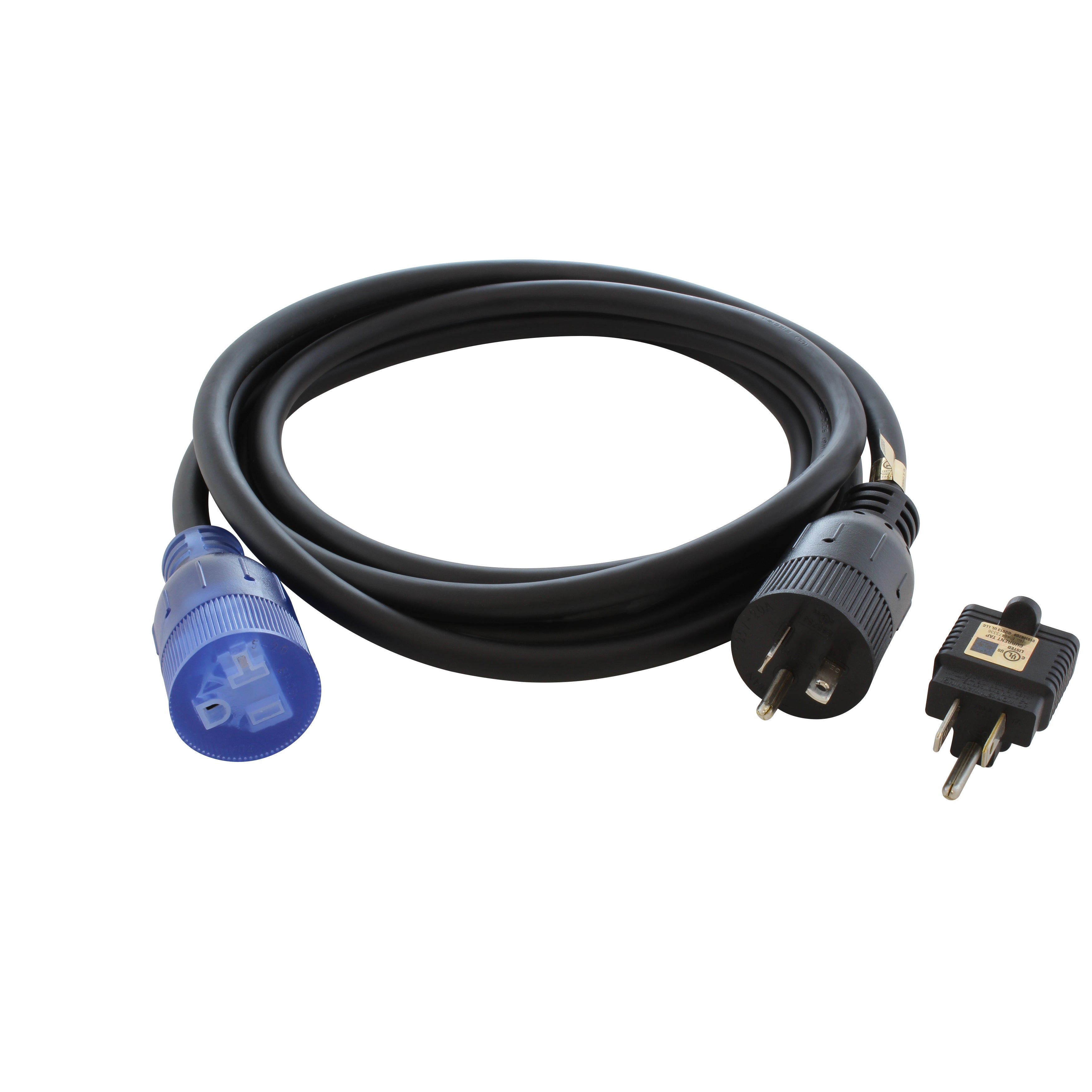
![AC WORKS® [XH515520] 15A to 15/20A 125 Volt Plug Adapter with ETL Safety Approval](http://acworks.com/cdn/shop/files/XH515520-0_daea425a-f439-48df-bb75-052167057f12.jpg?v=1729091519&width=2500)
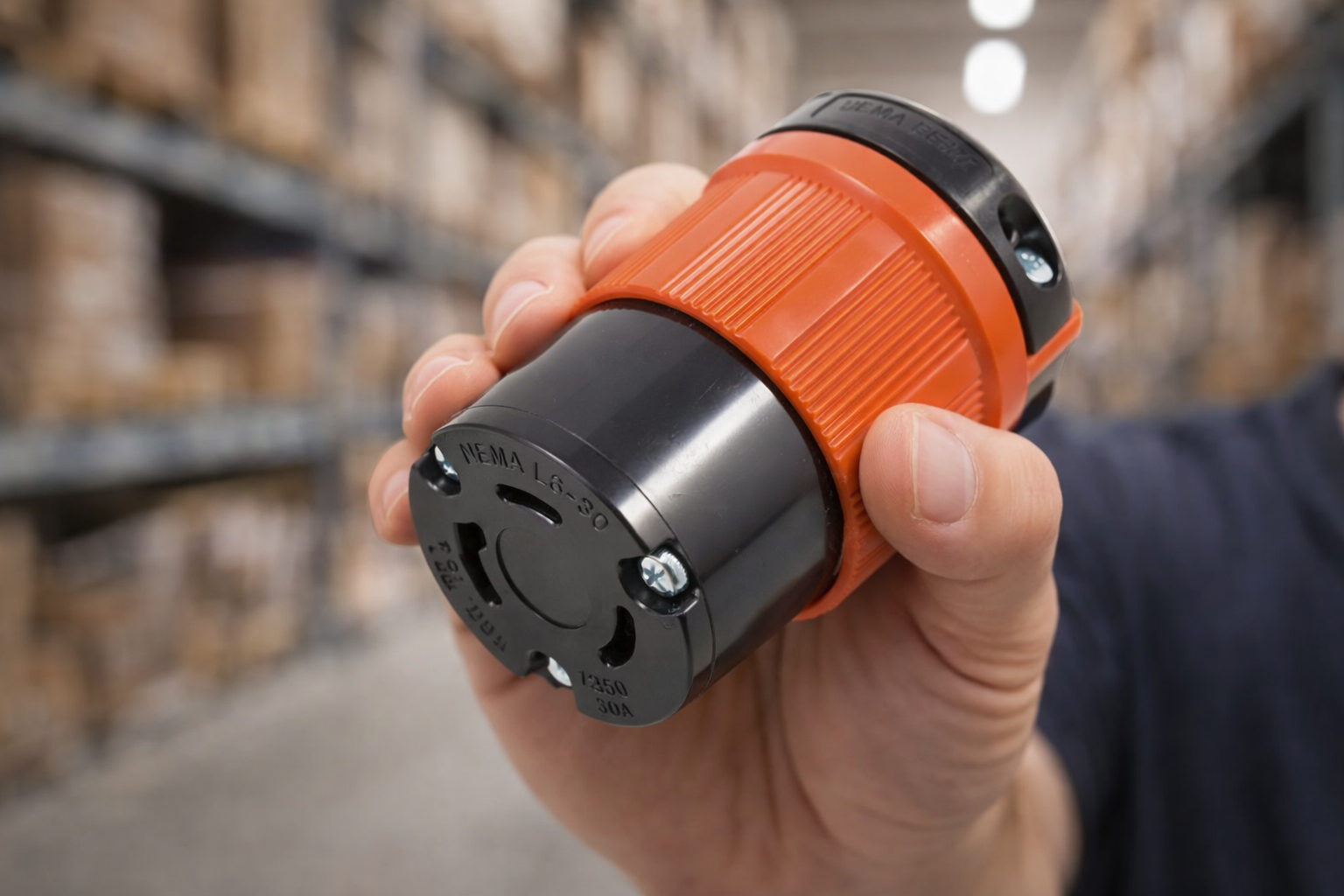


Share:
AC WORKS®: The Two T-Blade Plugs
AC WORKS® Wisdom: How to Ground Your Adapted 4-Prong Dryer